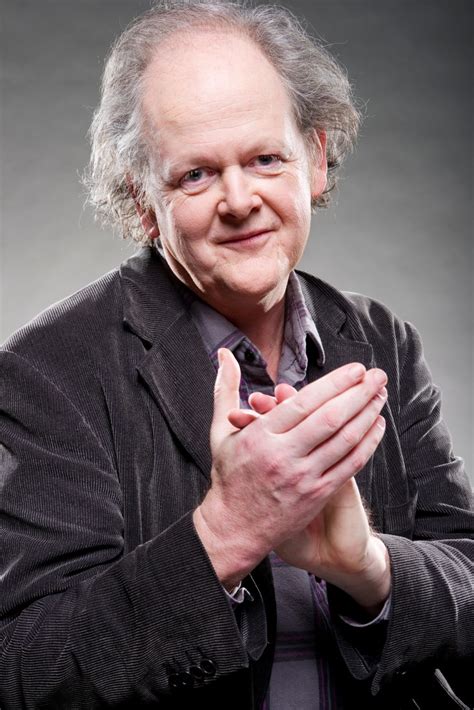Top 64 Quotes & Sayings by Craig Brown
Explore popular quotes and sayings by an English critic Craig Brown.
Last updated on April 14, 2025.
Personally, I belong to the speedy school of golf. If it were left up to me, I would introduce a new rule that said every golf ball has to stay in motion from the moment it leaves the tee to the moment it plops into the hole, thus obliging each player to run along after his ball and give it another whack before it stops rolling.




















